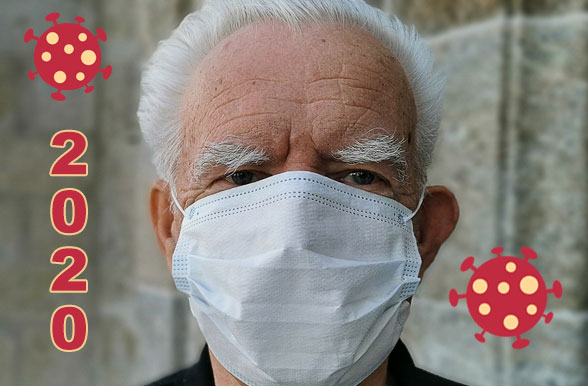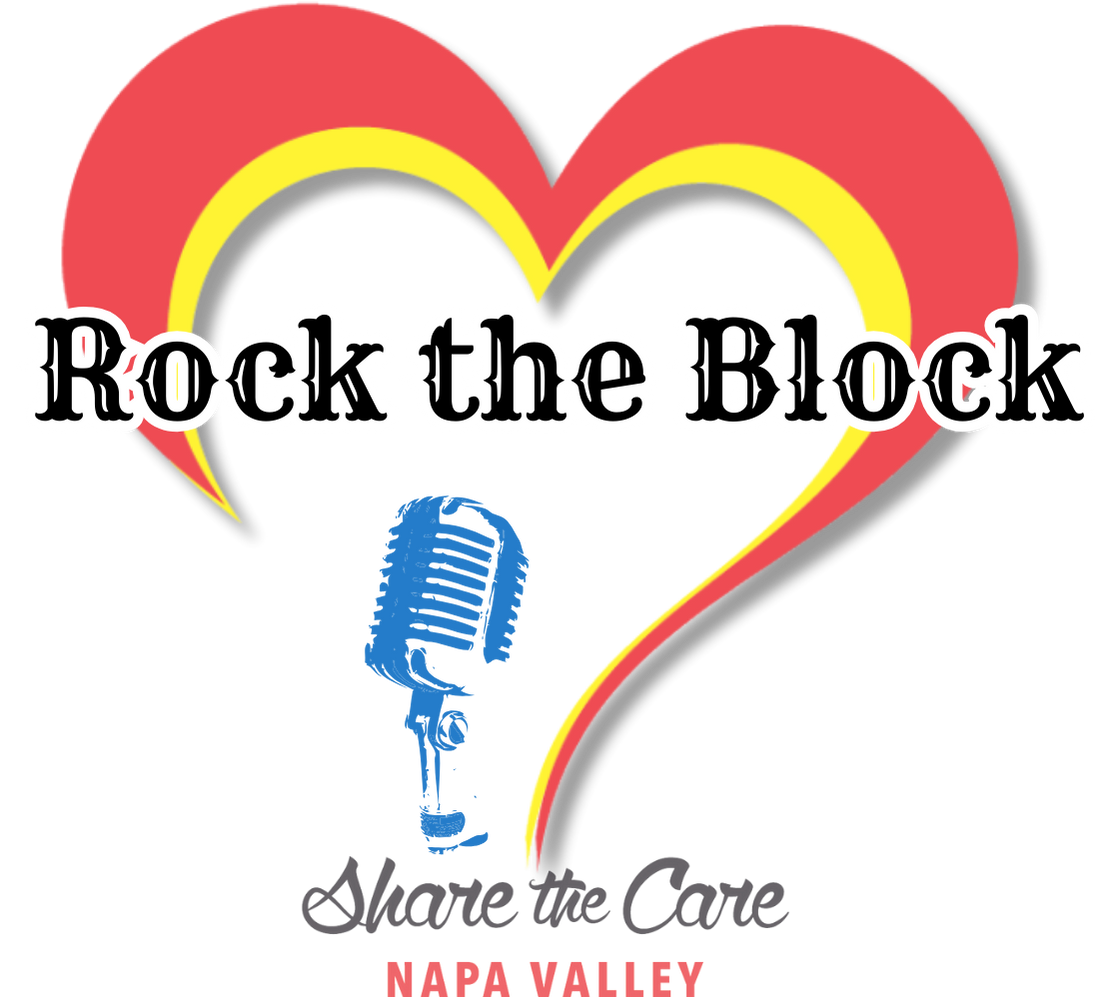Month: November 2020
-

Pandemic Stress
The unraveling of status quo started a few months ago. What was deemed “manageable” by many older people confined at home, has begun to fray. Social isolation is taking a toll. Without witnesses and social support, strokes are undetected, forgetfulness progresses into full blown dementia and fear has moved into full paranoia that anyone could…
